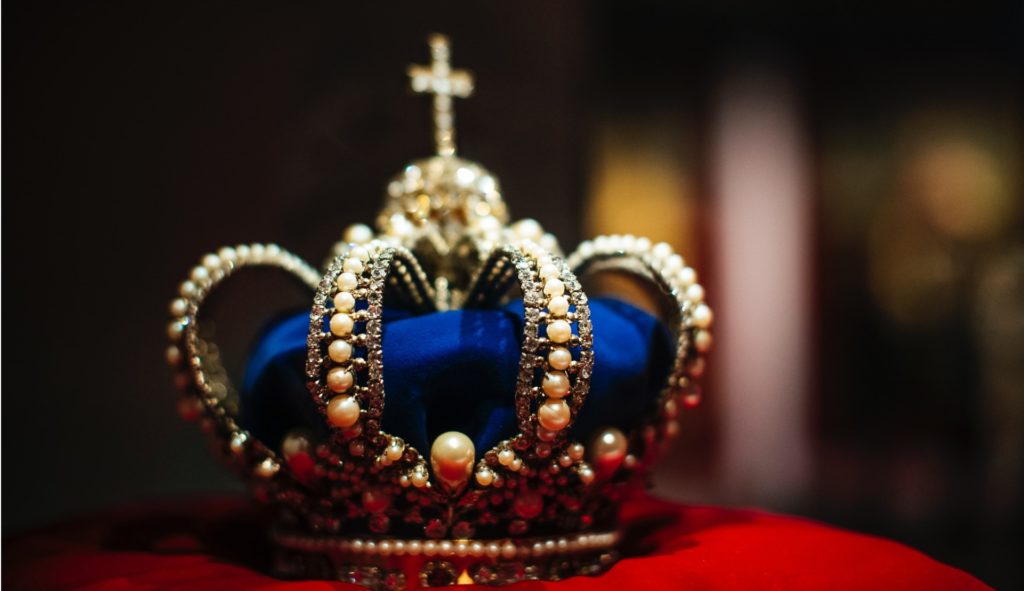
There were many revealing moments in the explosive interview between Oprah Winfrey and the Duke and Duchess of Sussex broadcast on ITV1 on Monday night. But the one that caught my attention was the slightly awkward admission from the pair that they had watched ‘some’ of The Crown.
This was not exactly an Oprah scoop. In an interview with James Corden for The Late Late Show last week, Harry said that he finds the Netflix drama’s portrayal of his family more palatable than the version created by the British press. The issue here is one of framing. Where The Crown is understood as fiction dressing up (in pinpoint-accurate costume… and wigs!) as fact, tabloid coverage is presented as fact despite its often loose relationship with reality.
Harry’s views speak to a somewhat contradictory view of public media literacy. Whereas he appears to have faith in viewers’ ability to discern that The Crown is fiction, he assumes that newspaper gossip is received without scepticism.
This is the reverse of the views espoused by Culture Minister Oliver Dowden, who in November 2020 argued that The Crown should be slapped with a health warning lest viewers be mistaken that the drama is a direct reflection of historical fact. This kind of disclaimer is a standard feature of British biographical television drama, used both to encourage viewers to watch with some scepticism and to excuse the creative licence with the stories of real people taken by television writers, producers, and actors.
The Crown’s themes include the sacrifice of personal happiness for the sake of duty, the way in which ‘The Firm’ prioritizes the preservation of the institution over individual health and wellbeing, and the psychological cost of being a public figure; at the same time human, and symbol. These are, of course, the underlying ideas that were explored in Meghan and Harry’s interview.
Meghan’s account of her battle with mental ill health and isolation caused by intense media scrutiny gave a sense of déjà vu in that it reflected the depiction of struggles experienced by Diana, Princess of Wales in The Crown. This has the flavour of life imitating art imitating life, a little like the mise en abyme caused by looking into two mirrors facing one another.
When the late David Frost was invited to the filming of Frost/Nixon he was more than a little surprised to discover that the order of Nixon interviews had been changed for dramatic effect. When he questioned this, Ron Howard (the Director) replied ‘it’s not a documentary David’. Thus wrangles over the ‘truth’ as they are depicted in drama are not new. Yet the status of TV programmes like The Crown also speak to our (and David Frost’s) unease when lines between fact and fiction are blurred.
But it is worth heeding Samuel Taylor Coleridge’s words in this discussion ‘how mean a thing a mere fact is except as seen in the light of some comprehensive truth?’ It is possible for biographical drama to get specific facts dead wrong, but still capture ‘the truth’?
Dr Hannah Andrews is a Senior Lecturer in Media, Film and Television at Edge Hill University.
Photo by Markus Spiske
